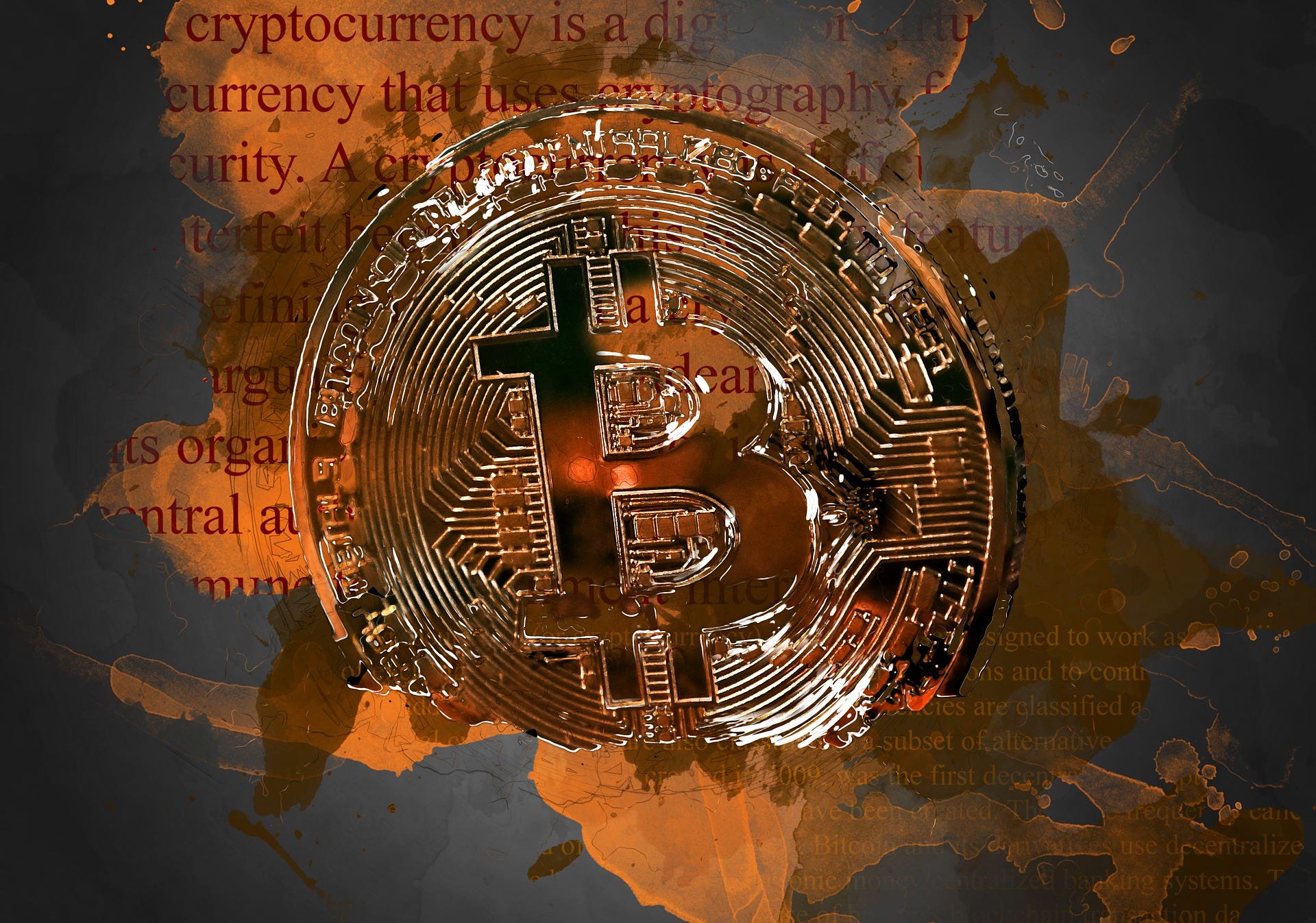PALO ALTO, Calif. (Reuters) - The Federal Reserve is looking at a broad range of problems around digital payments and currencies, including policy, style and legal considerations around potentially providing its own digital currency, Governor Lael Brainard stated more info on Wednesday. Brainard's remarks suggest more openness to the possibility of a Fed-issued digital coin than in the past." By transforming payments, digitalization has the prospective to deliver higher value and convenience at lower expense," Brainard stated at a conference on payments at the Stanford Graduate School of Company.
Main banks globally are debating how to handle digital finance innovation and the dispersed journal systems utilized by bitcoin, which promises near-instantaneous payment at potentially low cost. The Fed is establishing its own day-and-night real-time payments and settlement service and is presently reviewing 200 remark letters submitted late last year about the suggested service's design and scope, Brainard stated.
Less than two years ago Brainard informed a conference in San Francisco that there is "no compelling demonstrated requirement" for such a coin. However that was before the scope of Facebook's digital currency aspirations were commonly understood. Fed officials, consisting of Brainard, have actually raised concerns about customer protections Browse this site and information and privacy dangers that might be postured by a currency that might enter into use by the 3rd of the world's population that have Facebook accounts.

" We are working together with other main banks as we advance our understanding of reserve bank digital currencies," she said. With more nations checking out providing their own digital currencies, Brainard stated, that contributes to "a set of reasons to likewise be making certain that we are that frontier of both research study and policy advancement." In the United States, Brainard said, concerns that need study consist of whether a digital currency would make the payments system much safer or easier, and whether it could present financial stability threats, including the possibility of bank runs if cash can be turned "with a single swipe" into the reserve bank's digital currency.
To counter the financial damage from America's unprecedented national lockdown, the Federal Reserve has actually taken unprecedented steps, consisting of flooding the economy with dollars and investing directly in the economy. The majority of these relocations received grudging acceptance even from numerous Fed doubters, as they saw this stimulus as needed and something just the Fed could do.
My new CEI report, "Government-Run Payment Systems Are Unsafe at Any Speed: The Case Against Fedcoin and FedNow," details the threats of the Fed's existing prepare for its FedNow real-time payment system, and proposals for central bank-issued cryptocurrency that have been dubbed Fedcoin or the "digital dollar." In my report, I discuss concerns about personal privacy, information security, currency control, and crowding out private-sector competitors and development.
Proponents of FedNow and Fedcoin say the government should produce a system for payments to deposit quickly, rather than encourage such systems in the private sector by raising regulatory barriers. However as noted in the fedcoin a central bankissued cryptocurrency paper, the economic sector is providing a relatively endless supply of payment technologies and digital currencies to resolve the problemto the extent it is a problemof the time space between when a payment is sent out and when it is gotten in a bank account.
And the examples of private-sector development in this area are lots of. The Cleaning House, a bank-held cooperative that has actually been routing interbank payments in numerous types for more than https://tfsites.blob.core.windows.net/palmbeachresearchgroup/index.html 150 years, has actually been clearing real-time payments given that 2017. By the end of 2018 it was covering half of the deposit base in the U.S.